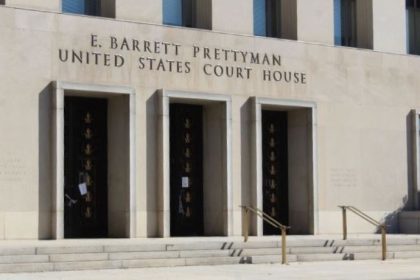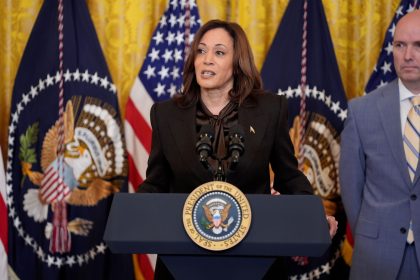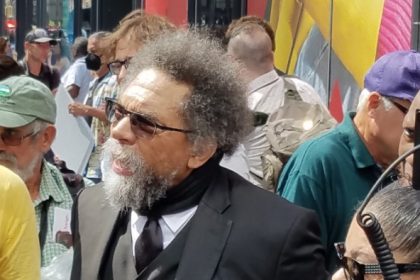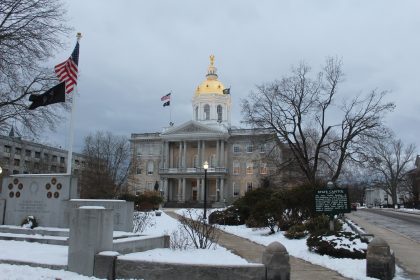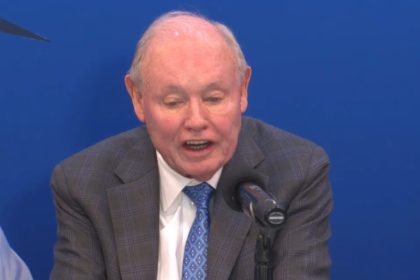Senate Republicans Again Block Voting Rights Bill, Prompting Calls for Filibuster Reform
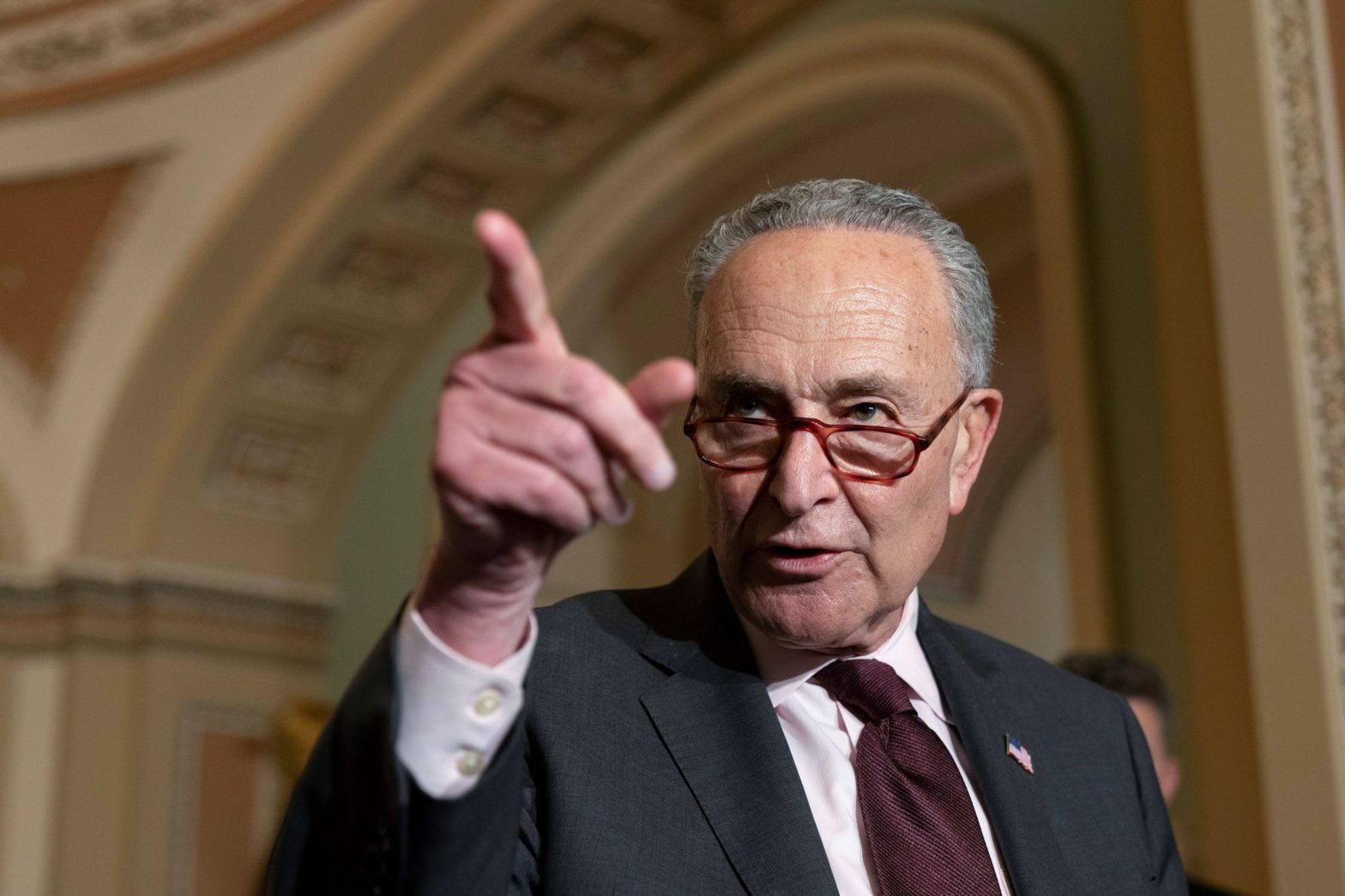
WASHINGTON — Republicans impeded an attempt to bring a revised version of the voting rights bill named for the late Rep. John Lewis, D-Ga., on Wednesday, marking the second substantial voting bill blocked by the party in two weeks.
Majority Leader Chuck Schumer, D-N.Y., announced the intention to bring the bill up for business less than a day after Republicans in the Senate blocked debate on the Freedom to Vote Act, TWN previously reported.
Although her support was in vain, Democrats this time around had help from across the aisle in the form of Sen. Lisa Murkowski, R-Alaska., who voted in support of the bill.
With Vice President Kamala Harris presiding over part of the vote, the final tally was 50-49 on the motion to bring the bill up for debate. Because they lacked the 60 votes needed to move the legislation forward, Schumer voted no on the motion so that it could be brought up again for a vote under Senate rules.
“Once again, Senate Republicans have weaponized the filibuster against broadly popular legislation, this time a bill that would ensure all Americans have their right to vote protected,” House Majority Leader Steny Hoyer said in a written statement. “The John Lewis Voting Rights Advancement Act, named for my dear friend and a tireless champion for civil rights, would restore the full protections of the 1965 Voting Rights Act for which he marched, organized, and nearly lost his life in Selma.”
The bill’s failure to be brought up for debate has renewed calls by some lawmakers to either abolish or reform the filibuster. Filibustering as defined by the Congressional Research Service is the use of obstructive tactics to block a measure by preventing it from coming to a vote, and can be used to create legislative gridlock on nearly all issues brought before the Senate.
“Whatever we’ve got to do to pass voting rights—if that means an exemption to the filibuster—then let’s do it. This can’t wait,” Sen. Patty Murray, D-Wash., said in remarks from the Senate floor on Wednesday. “Passing strong federal voting rights protections into law will be the most important work this Congress does. We can’t let Senate procedure stop us from protecting the right to vote in this country. Let’s make sure our democracy stays a democracy and let’s pass the John Lewis Voting Rights Advancement Act—whatever it takes.”
More than 350 historians, scholars and political scientists joined together as signatories on a letter to members of the Senate in May calling for reforms to the Senate’s filibuster rules. In their letter, the academics contend that the framers of the United States Constitution soundly rejected supermajority requirements for common legislation and their vision for the Senate’s function has mostly been “inverted,” as its existence routinely leads to less deliberation and compromise than was once seen in the chamber.
Although the tactic as it is known today was not originally included in the Founding Fathers’ vision, its proponents maintain it’s a crucial tactic for preserving the power of the minority party in the upper chamber. Sen. Mitt Romney, R-Utah, penned a full-throated defense of the filibuster’s importance in The Washington Post on Sunday, contending it is necessary in preventing oppositional shifts in policy as soon as one party replaces the other as the majority.
As Romney points out in his op-ed, even then-Sen. Joe Biden spoke out in defense of the restraining maneuver in remarks delivered from the floor of the Senate in 2005. Biden passionately declared in his speech that the filibuster was not about obstruction “at its core,” but rather a vehicle for “compromise and moderation.”
“This has become an almost-weekly routine: My friends on the other side trying to give Washington unprecedented power over how Americans vote,” Sen. Mitch McConnell, R-Ky., said in scrutiny of the bill from the Senate floor on Wednesday. “We don’t have an NDAA or an appropriations process, but we always have time for these stunts.”
McConnell would go on to say, “There is nothing to suggest a sprawling federal takeover is necessary. Nationalizing our elections is just a multi-decade Democratic Party goal in constant search of a justification. Their rationales may change constantly, but their end goal never does.”
The legislation, entitled the John R. Lewis Voting Rights Advancement Act, was authored in response to provisions of the Voting Rights Act of 1965 becoming invalidated through the U.S. Supreme Court’s Shelby County v. Holder decision in 2013, TWN previously reported. The Supreme Court declared in its ruling that the provision requiring states with a history of voter discrimination to obtain preclearance with the Department of Justice before making changes to voting laws was outdated and thereby unconstitutional.
Similarly, the Supreme Court’s 6–3 ruling in Brnovich v. Democratic National Committee from July of this year weakened another section of the Voting Rights Act relating to the applicability of its general provision forbidding discrimination against minorities in state and local election laws. In Brnovich, the Supreme Court ruled that a pair of Arizona election policies—one barring out-of-precinct voting and the other barring ballot collection—did not have a racially discriminatory motive and therefore did not violate the Voting Rights Act.
“Just because Republicans will not join us doesn’t mean Democrats will stop fighting. This is too important. We will continue to fight for voting rights and find an alternative path forward, even if it means going it alone,” Schumer said in Senate floor remarks on Wednesday before hinting at the possibility of reforming the filibuster, adding that his party should “explore whatever paths we have to restore the Senate so it does what the framers intended—debate, deliberate, compromise and vote.”
Reece can be reached at [email protected].

















